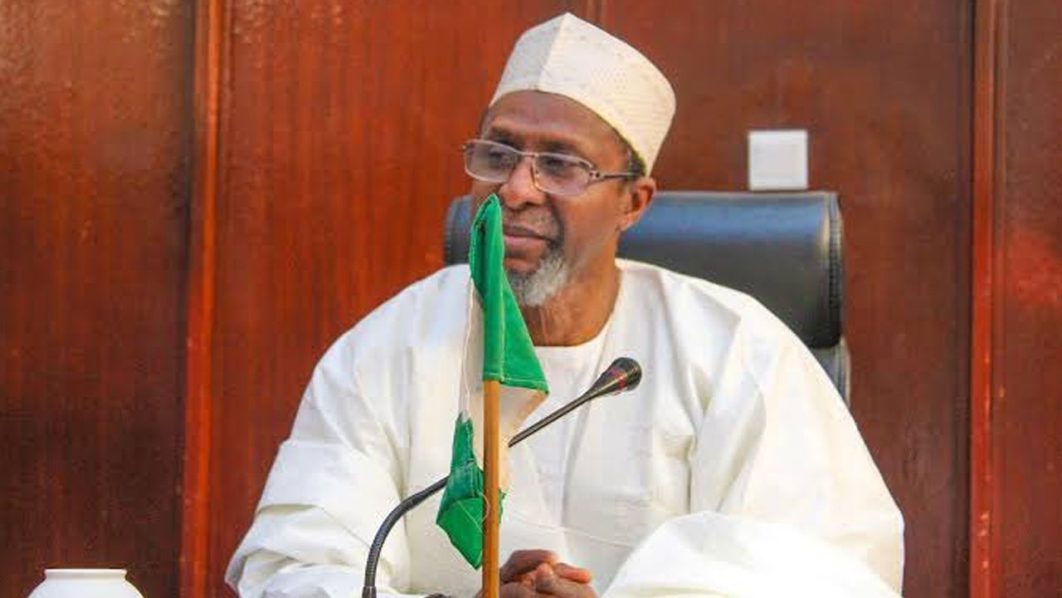
The National Environmental Standard Regulations Agency (NESREA) has said that improper handling of batteries poses severe environmental and health challenges to Nigerians.
The batteries are used in all sectors, be it the renewable energy sector, construction, hospitality, telecommunications, or automotive, and are critical in implementing the policy.
NESREA Director General, Innocent Barikor, made this known during the launch of the National Environmental (Battery Control) Regulations for civil society organisations and media in Abuja, organised by NESREA, Alliance for Responsible Battery Recycling Limited and Heinrich Boll Stiftung.
According to Barikor, the informal sector handles waste batteries without proper formal regulation by way of governance, which contributes to environmental pollution on the soil, air and water.
He explained that environmental governance is a major mechanism used by various regions, sub-regions and nations to help address diverse environmental problems and Nigeria is no exception.
He said the Federal Government through NESREA recently launched the National Environmental (Battery Control) Regulations, 2024 as an apparatus for environmental compliance monitoring and enforcement in the battery sector of the economy.
The Director General stated that the regulations are comprehensive and an all-encompassing environmental tool for all sectors’ stakeholders for the promotion of environmental sustainability, and to tackle challenges posed by informal recyclers, as well as unregulated battery collection, recycling and disposal practices.
Ikenna Donald of Heinrich Boll Stiftung is hopeful that battery control management in companies and corporate organisations will solve the health challenges of the citizens.
NESREA Assistant Director (Legal Services), Cynthia Abiye-Whyte, explained that the effectiveness of these regulations relies on a coordinated and multi-dimensional approach that includes robust enforcement, widespread public education, and substantial investment in infrastructure.
She said: “The environment is our common heritage and foundation of our natural resources. We all have a collective responsibility to protect it to achieve sustainable development. Successful implementation of the Regulations, 2024, will lead to the safe handling of used batteries, preserve our ecosystems and protect human health.”
Abiye-Whyte stressed that it is cheaper to comply than violate the regulations. “Let us work together to ensure these regulations are effectively implemented, ensure a cleaner, healthier and more sustainable environment for all Nigerians,” she said.
MEANWHILE, the Federal Government and other stakeholders have introduced National Environmental (Battery Control) regulations, which are aimed at tackling the management of used batteries and other dangerous substances in the country.
The regulations, which were developed in collaboration with the European Union, German Cooperation and several bodies in the sector, have established national standards of best practices and market development for waste battery management in line with the provisions and recommendations of the Basel and the Bamako Conventions.
Speaking at the event in Abuja, the Minister of Environment, Balarabe Lawal, stated that the document is part of the administration’s efforts to promote the practice of battery waste disposal in an internationally standardised nature, facilitate and create an enabling environment for deploying renewable energy projects.
Lawal also explained that the regulations are aimed at ensuring the environmentally sound management of all types of batteries throughout their life cycle, from production, usage, collection, transportation, storage, recycling and disposal.
He declared: “It is widely recognised that batteries, particularly those used in renewable energy, telecommunication and automotive sectors, are critical to Nigeria’s economic development. However, the improper handling, that is, collection, recycling and disposal of used batteries presents serious environmental and health challenges.
“The informal sector, which often handles waste batteries without regulation, significantly contributes to environmental pollution, including soil, air and water contamination.
“Batteries contain hazardous materials such as lead, mercury, cadmium, and lithium, amongst others. When improperly disposed of, these materials can lead to severe health conditions including cancer, kidney damage and neurological disorders.”
The Minister further stressed that the vulnerable populations, particularly children face the greatest risk from exposure to these toxic substances and unregulated activities of battery recycling facilities, as well as handlers have impacted negatively on both human health and the environment.






